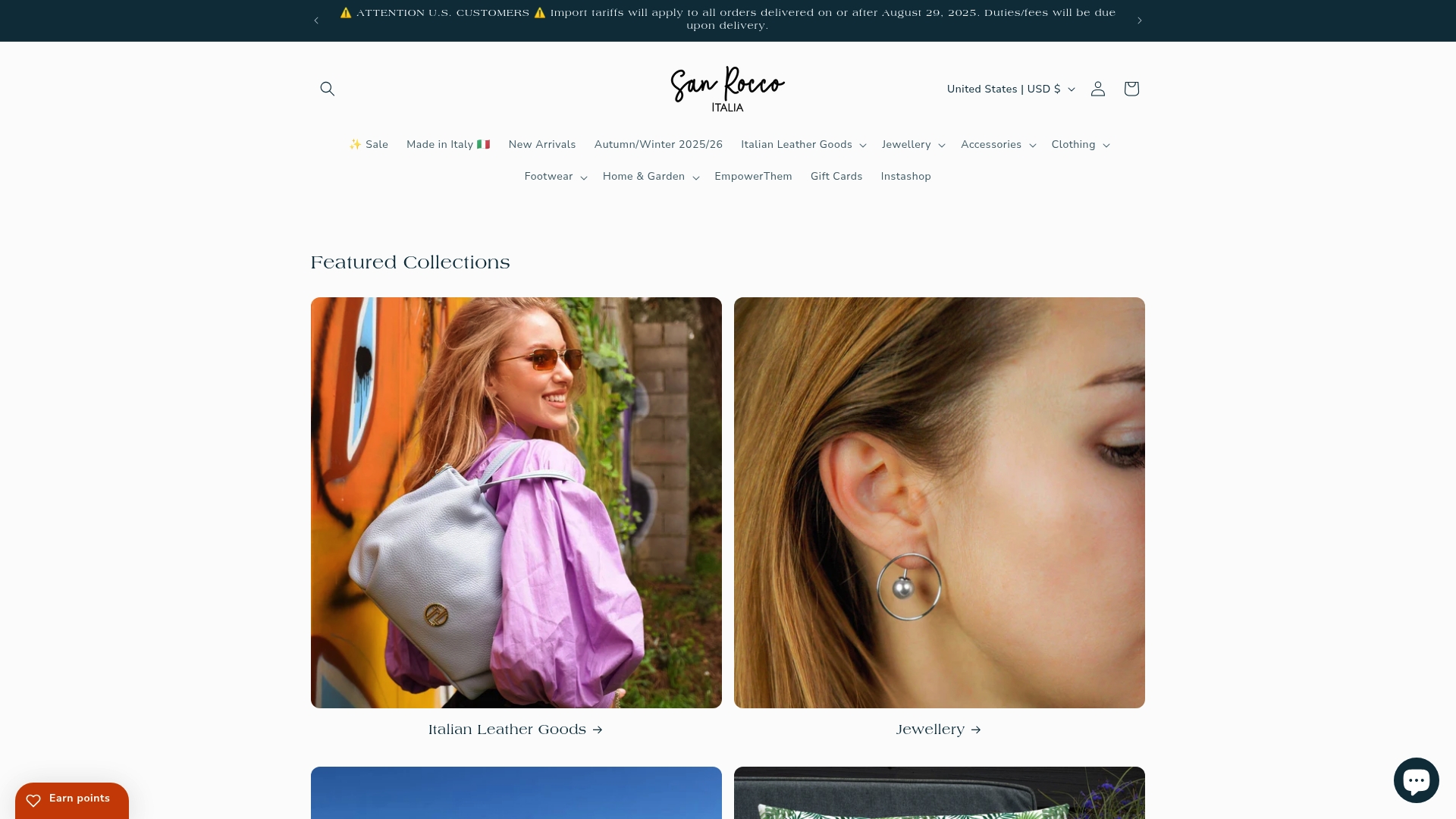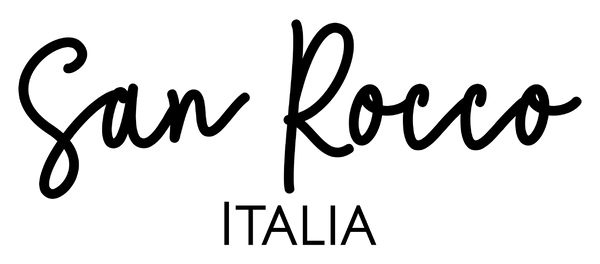
Ethical Sourcing: Everything You Need to Know
Share
More than 80 percent of consumers now say transparency influences their buying decisions. The fashion and retail industry faces mounting pressure to prove that every step from design to delivery respects both people and the planet. As concerns over worker treatment, environmental impact, and supply chain secrecy rise, understanding ethical sourcing is no longer optional. This article breaks down what ethical sourcing truly means, why it matters, and how it reshapes industry standards and consumer expectations.
Table of Contents
- Defining Ethical Sourcing In Fashion And Retail
- Types Of Ethical Sourcing Practices
- Key Principles Guiding Ethical Sourcing
- Brand Responsibilities And Compliance Issues
- Common Pitfalls And How To Avoid Them
Key Takeaways
| Point | Details |
|---|---|
| Holistic Ethical Sourcing | Prioritizes human dignity, environmental sustainability, and transparency throughout the supply chain. |
| Consumer Commitment | Ethical sourcing allows consumers to support responsible practices and become agents of positive change in the fashion industry. |
| Brand Accountability | Modern brands must embrace transparency and exceed compliance standards to build trust and ensure ethical practices. |
| Navigating Challenges | Brands should implement robust verification and mitigation strategies to address common ethical sourcing pitfalls effectively. |
Defining Ethical Sourcing in Fashion and Retail
Ethical sourcing represents a holistic approach to manufacturing and procurement that prioritises human dignity, environmental sustainability, and transparent business practices. At its core, this concept goes far beyond simply purchasing materials or products, transforming how fashion brands and retailers engage with their entire supply chain.
According to textclothsustain, building consumer trust requires comprehensive transparency in global manufacturing systems. This means brands must be willing to publicly share detailed information about their suppliers, including:
- Precise manufacturing locations
- Worker treatment standards
- Material sourcing practices
- Environmental impact measurements
The jdinstitute highlights that ethical sourcing fundamentally centers on three critical dimensions: worker welfare, fair compensation, and sustainable production. This multifaceted approach ensures that every individual involved in creating a product is treated with respect, paid fairly, and works in safe conditions.
For discerning consumers, ethical sourcing represents more than a purchasing choice. It’s a commitment to supporting responsible business practices that value human rights, protect worker dignity, and minimise environmental harm. By choosing brands that prioritise transparency and ethical practices, consumers become active participants in driving positive change within the global fashion ecosystem.
Types of Ethical Sourcing Practices
Ethical sourcing encompasses multiple strategic approaches that prioritise responsible manufacturing, worker welfare, and environmental sustainability. These practices represent nuanced methods for brands to create meaningful change within their supply chains and production processes.
Direct trade offers a compelling alternative to traditional procurement models. According to en, this approach involves companies building direct relationships with producers, creating transparent partnerships that go beyond standard certification processes. Key characteristics of direct trade include:
- Eliminating intermediary suppliers
- Establishing direct communication with manufacturers
- Negotiating fair compensation structures
- Ensuring transparent working conditions
en highlights zero-waste fashion as another innovative ethical sourcing practice. This approach fundamentally reimagines textile production by dramatically reducing material waste through intelligent design strategies. Zero-waste fashion practitioners utilise techniques like:
- Precision pattern cutting
- Fabric optimization
- Circular design principles
- Minimising textile waste during manufacturing
Beyond these specific models, ethical sourcing also encompasses practices like fair trade certification, sustainable material selection, and comprehensive supply chain auditing. These strategies collectively represent a holistic approach to responsible manufacturing that prioritises human dignity, environmental preservation, and transparent business practices. By embracing these diverse sourcing methods, brands can create meaningful positive impact while meeting growing consumer expectations for responsible production.
Key Principles Guiding Ethical Sourcing
Ethical sourcing demands a comprehensive framework of principles that transcend traditional business practices. These guiding tenets represent a holistic approach to responsible manufacturing that prioritises human welfare, environmental sustainability, and transparent business operations.
According to tecofash, the foundational principles of ethical sourcing center on three critical dimensions:
- Fair Labor Practices: Ensuring safe working conditions
- Worker Compensation: Providing living wages and dignified employment
- Environmental Responsibility: Minimising ecological impact throughout production
bobels emphasises the importance of supplier transparency as a fundamental ethical sourcing principle. This involves comprehensive documentation and verification processes that hold manufacturers accountable for their practices. Key transparency mechanisms include:
- Detailed supplier audits
- Third-party certification standards
- Public disclosure of manufacturing conditions
- Regular independent evaluations
Ultimately, ethical sourcing represents a commitment to creating a more equitable and sustainable global fashion ecosystem. By embracing these principles, brands can transform their supply chains from transactional relationships into collaborative partnerships that respect human dignity, protect worker rights, and minimize environmental degradation. This approach not only meets growing consumer expectations but also contributes to meaningful social and environmental progress within the global fashion industry.
Brand Responsibilities and Compliance Issues
Brand accountability has become a critical cornerstone of ethical sourcing, transforming how companies approach manufacturing and supply chain management. Modern consumers demand transparency and responsible practices that extend far beyond traditional business models.
According to textclothsustain, brands must now embrace comprehensive transparency in their manufacturing systems. This means going beyond surface-level reporting and providing detailed insights into supply chain operations, including:
- Complete supplier information
- Manufacturing location details
- Verifiable worker treatment standards
- Comprehensive environmental impact assessments
jdinstitute emphasises that brand responsibilities encompass multiple critical dimensions of compliance. Compliance issues extend well beyond legal minimums, requiring brands to actively ensure:
- Safe and dignified working conditions
- Fair compensation for all workers
- Environmentally sustainable production processes
- Ongoing monitoring and improvement of supply chain practices
Beyond regulatory requirements, brand responsibilities now represent a moral contract with consumers, workers, and the global community. By proactively addressing ethical sourcing challenges, brands can transform compliance from a bureaucratic exercise into a meaningful commitment to social responsibility, environmental stewardship, and human dignity.

Common Pitfalls and How to Avoid Them
Ethical sourcing is a complex journey fraught with challenges that can derail even the most well-intentioned brands. Understanding these potential obstacles is crucial for creating a truly responsible and sustainable supply chain.
According to tecofash, brands frequently encounter significant challenges in ethical sourcing, with increased costs and limited supplier transparency being primary concerns. These common pitfalls include:
- Significantly higher production expenses
- Difficulty identifying truly ethical suppliers
- Complex verification processes
- Limited visibility into entire supply chains
bobels suggests several strategic approaches to navigating these challenges. Mitigation strategies are essential for brands committed to ethical practices, involving:
- Adopting rigorous third-party certifications
- Investing in comprehensive supplier audits
- Developing long-term partnerships with transparent manufacturers
- Implementing continuous improvement mechanisms
Successful ethical sourcing requires a proactive and holistic approach. By anticipating potential challenges, investing in robust verification processes, and maintaining a commitment to transparency, brands can transform potential pitfalls into opportunities for meaningful change and genuine sustainable innovation.

Embrace True Ethical Sourcing with Timeless Craftsmanship
Navigating the challenges of ethical sourcing means addressing transparency, fair labour practices, and environmental responsibility. These core principles are at the heart of your consumer values and our commitments at San Rocco Italia. We understand the need for trusted suppliers, sustainable materials, and artisan skill that honours both people and planet. Our collection of luxury handbags and leather goods is proudly made in Italy by skilled artisans who use premium full-grain leather and time-honoured techniques, ensuring dignity and quality in every stitch.

Discover authentic pieces that align with your values at San Rocco Italia. When you choose our carefully curated offerings, you support a transparent, ethical supply chain and timeless design crafted with respect. Explore more about our story and commitment by visiting our boutique homepage today. Act now to own not just luxury accessories but a meaningful contribution to the global movement toward responsible fashion.
Frequently Asked Questions
What is ethical sourcing in fashion?
Ethical sourcing in fashion refers to a comprehensive approach that prioritizes human dignity, environmental sustainability, and transparent business practices throughout the supply chain. It involves ensuring fair treatment of workers, responsible material sourcing, and minimizing ecological impact.
What are the key principles of ethical sourcing?
The key principles of ethical sourcing include fair labor practices, providing living wages, ensuring safe working conditions, and environmental responsibility. These principles aim to create an equitable and sustainable fashion ecosystem.
What challenges do brands face with ethical sourcing?
Brands often encounter challenges such as higher production costs, difficulty in identifying genuinely ethical suppliers, and limited supply chain transparency. Overcoming these hurdles requires rigorous verification processes and strong supplier partnerships.
How can brands ensure compliance with ethical sourcing standards?
To ensure compliance, brands must provide detailed supplier information, conduct thorough audits, ensure fair compensation, and monitor working conditions. Active engagement in continuous improvement and transparency builds trust with consumers and stakeholders.


